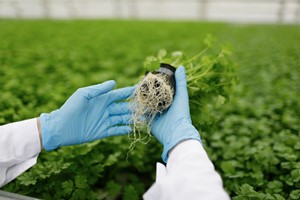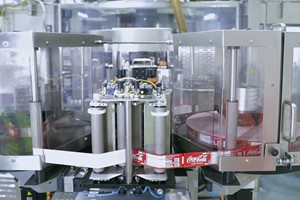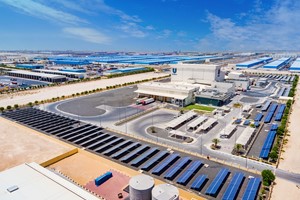In a significant revelation from the heartlands of Jharkhand, a recent survey conducted by PRADAN, a prominent social impact organization, sheds light on the transformative potential of regenerative agriculture. The survey, encompassing nearly 2800 households, delineates a promising trajectory for sustainable farming practices in the region.
The study, conducted in 2023, focused on households transitioning to regenerative agriculture, encompassing 2400 households, juxtaposed with 400 households still adhering to conventional farming methods. Results underscored a notable shift towards regenerative practices, with more than 80% of respondents highlighting marked improvements in soil quality indicators.
Among the key findings, respondents reported enhanced water retention capabilities, denoted by darker soil hues indicative of heightened organic matter content. Furthermore, finer soil texture and increased presence of beneficial organisms augur well for long-term soil health, a cornerstone of sustainable agriculture.
Remarkably, over 70% of participants noted a tangible increase in food production, defying conventional wisdom regarding the time-intensive nature of soil fertility restoration. Even first-year farmers reported noteworthy yield improvements, bolstering confidence in regenerative methodologies as potent catalysts for agricultural resurgence.
Perhaps most strikingly, a staggering 96% of respondents voiced confidence in regenerative agriculture's ability to ensure food security—a testament to its efficacy in bolstering livelihoods and mitigating rural hunger.
Financial prosperity emerged as another salient outcome, with 85% of participants reporting augmented incomes following the adoption of regenerative practices. Notably, products stemming from regenerative agriculture showcased extended shelf life, garnering consumer preference and fostering economic empowerment within farming communities.
Dibyendu Chaudhuri, an Integrator at PRADAN, delineated key differentiators between regenerative and conventional farming, highlighting the former's emphasis on eschewing chemical inputs and leveraging microbial inoculants to bolster soil vitality. Moreover, regenerative practices underscore a holistic approach to cropping, harnessing synergies between diverse crops to optimize yield potential.
The survey underscores a paradigm shift in agricultural paradigms, signaling a departure from input-intensive models towards holistic, ecologically sensitive approaches. By prioritizing soil health and embracing systemic methodologies, regenerative agriculture holds the promise of rejuvenating India's agrarian landscape, paving the way for sustainable growth and resilience.
As policymakers and stakeholders alike increasingly recognize the imperative of sustainable agriculture, the findings from Jharkhand serve as a clarion call for concerted efforts to mainstream regenerative practices. With the potential to catalyze socio-economic transformation and mitigate environmental degradation, regenerative agriculture emerges as a beacon of hope for India's agrarian future.
In conclusion, the burgeoning success of regenerative agriculture in Jharkhand underscores its pivotal role in ushering in a new era of prosperity, sustainability, and resilience for farming communities across the nation.
krishijagran.com












